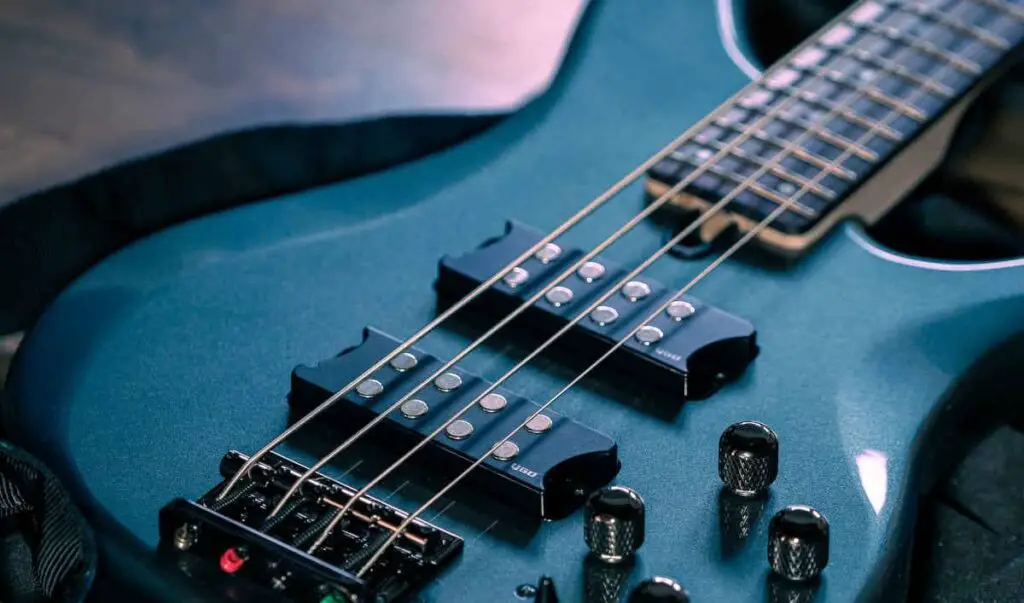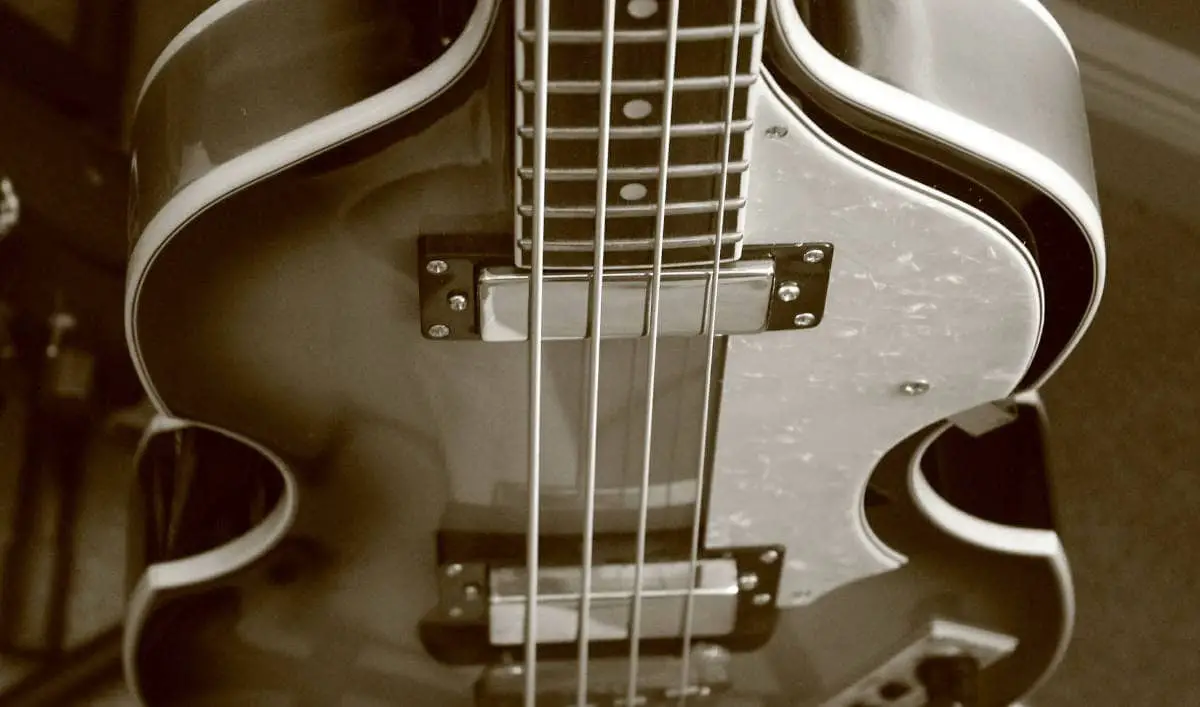At some point, we bassists have all drooled over a high-end bass that was out of our price range. Maybe our favorite musician played it, we loved how it sounded, or we simply thought it looked beautiful. However, we all know that more expensive doesn’t always mean better. So, do expensive bass guitars sound better than cheap ones?
At more expensive price ranges, bass guitars are generally made with higher quality electronics and wood. They are also crafted more thoroughly. Thus, expensive basses tend to have a more even, clear, and full-bodied tone across the neck than cheap basses. They also don’t lose their sound as fast as cheap basses due to the build quality.
More expensive doesn’t automatically translate to a better sound, but there usually is an overlap.
While no brand is equal, I have played enough basses to know what similarities most high-end basses have between them. Thus, I am going to show you just what to expect from an expensive bass when compared to a cheap one.
Sound difference in cheap vs expensive basses
Due to the build quality, electronics, and wood quality of expensive basses, they generally have superior sustain. It is also easier to set the action lower than on than cheaper basses. By using custom rather than generic parts expensive basses also tend to have a more distinct sound that diminishes slower.
Due to cheaper basses generally using cheap and general parts and production methods, they are more similar in sound. Expensive basses tend to have more differences between them, giving them a more unique and distinct sound.
The superior craftsmanship and materials used in high-quality basses also generally make them more sturdy. Thus, expensive bass guitars will not start losing their tone due to the neck bending as quickly as cheaper models.
You should always pay more attention to the actual sound of the bass, rather than the price tag.
I, like many other bassists, had a hard time noticing the difference between cheap and expensive basses when I first started playing.
In many ways, it is an acquired taste.
Even today, it is common for me to prefer the sound of some cheaper basses over that of more expensive ones. While the superior quality of high-end basses impacts the tone and playability, what makes a bass sound good will always be subjective.

What makes a bass guitar expensive?
Wood quality, electronics, and manufacturing cost all impact the cost of a bass. More expensive basses are generally hand-crafted which is significantly more expensive than mass production. This, in addition to lower demand, can lead to great price discrepancies between basses.
What makes a bass expensive largely depends on the manufacturer. One manufacturer might price a bass high due to the time it takes to craft it. Another might price it higher by limiting the supply of their basses. A third could price is high due to the cost of its parts.
Still, there are general reasons why some basses are more expensive than others. Here is a list of the most common ones:
- Wood quality – What type of wood a bass is made of impacts both the tone and the cost of a bass. In extreme cases, the wood of a high-end bass can be more costly than all the components of an entry-level bass combined. These wood types can also be harder to work with, thus adding to the manufacturing cost of the bass. Wood types such as maple are significantly more expensive to build a bass out of than poplar or ash. You can learn more about the types of wood that are commonly used in making basses here.
- Pickups – Cheaper pickups often produce a more uneven tone than high-end ones. Massproduced cheaper pickups also tend to have poorer craftmanship behind them. More expesnive basses tend to have higher-end pickups, often bumping up the cost $100 or more.
- Manufacturing – Cheaper, mass produced basses have a significantly lower manufacturing cost than hand-crafted high-end basses. These are often mass produced overseas in quantities by the 1000s and sometimes by the 10000s. The difference in both cost and quality will thus differ significantly between a bass that is hand-made and machine made. This is both due to the fact that hand-crafting an instrument takes significantly longer than mass producing it, and that it requires an experienced and skilled craftsman. Furtheremore, if a bass is customized it will be spesifically tailored to a bassists preferences which increases the cost further.
- Electronics – Cheaper basses tend to have generic electronics, while the electronics in expensive basses are specialized or name-branded. The electronics are selected for the sake of quality with disregard for price. In mass produced basses generic electronics are used to make it both cheaper and easier to mass produce them.
- Supply and demand – Entry-level Fender basses are in a much higher demand than Rickenbacker 4003s. If a product is in less demand, it is unfavorable for a manufacturer to mass produce it due to the initial cost and risk. In some cases, such as with Rickenbacker, the demand is intentionnaly kept higher than supply in order to increase the market value of their basses.
Did you know? The number of strings on a bass will also impact the cost of it. Read more about whether 6-string basses are worth the cost here.
Conclusion
Most parts in a bass guitar have an impact on its sound. Thus, when the parts are more carefully crafted and chosen this will improve the sound of the instrument as well.
However, the price of a bass guitar can also be greatly impacted by supply and demand, which has little to do with its actual sound.
While many have tried, it is also impossible to define what “better sounding” means. Every bassist on the planet will have a different answer.
Once you have played a multitude of basses in different price ranges you will start to get an idea of what you are paying for in a more expensive bass. Even then, your focus should always be on the sound and playability of the instrument. Unless on a tight budget, the cost should be a secondary concern.
An inexperienced bass player might pay more for a bass in the hope of getting a better sound. An experienced bassist will try both and pick the one that they feel suits them the best. Often, it’s not doing to be the most expensive one.

